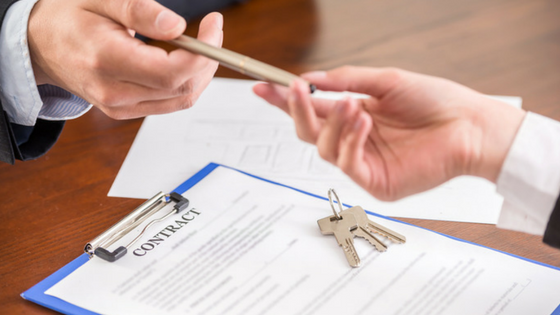As a prospective homebuyer, you have scrimped, saved and sacrificed to have a good down payment on your home. After a few rough years you are ready to buy your first home, or if you have already purchased a home you are ready to move into the home that better fits your needs. After making your list and checking it twice you find out there is one thing you might have forgotten, the closing costs. Often times first time home buyers are not aware that the costs exist or can be rather high and are not prepared. So now you know, and knowing is half the battle, the other half is saving and allocating the correct amount toward these fees.
What are closing costs?
If this is your first purchase you should know that closing costs (or settlement fees) are to be paid when you get your mortgage. The average closing costs range from 2-5% of the purchase price. Depending on your loan down payment or program, that might be the same as your down payment. It may seriously eat into the money you’ve saved for the down payment so when planning, you definitely want to be aware of these costs. The fees are charged by the lender, and anyone else involved in the transaction and can include, but are not limited to:
$ Title services (Insurance, search fees)
$ Lender origination fees
$ Appraisal fees
$ Credit report fees
$ Underwriting fees
$ Attorney fees
$ Government recording costs
$ Taxes
Fees are negotiable
For the state of Ohio, the total closing costs on a typical $200,000 home are around $1,600-$2,000. Taxes are a large reason the amount varies so much even from county to county or city to city. Buying a house means paying taxes and sometimes transfer fees, at the closing. While taxes are not negotiable, other parts may be. Your lender will give you a Good Faith Estimate, if they do not, ask for it. You can use this estimate to shop around for other lenders to see if another institution will negotiate lower closing costs with you to get your business.
Push off the payment
There are several ways but require your time in pursuing (worth it) or cost you more in the long run (probably not worth it). The first step is to speak with your lender and real estate agent early on to find ways they can see to lower your closing costs. Another option is, depending on the circumstances, you may be able to negotiate with the seller to pay the buyer’s closing fees to complete the sale. Keep in mind that often this raises the selling price, so you may still be paying it off the loan.
Effect on interest rate and cost over time
Another way to avoid paying up front is to add the closing cost into the mortgage which means you will pay interest on the closing cost. This will add to your monthly payment and cost a lot of money in the long run.
Close at the end of the month
If you close on say, November 7, a per diem of interest will be written into the loan from the 7th to the 30th. If you close on the 30th (or the last few days of the month), you pay only a day or two, or you avoid this cost entirely.
Other helpful tips
Other ways include checking programs for military and veterans that help with closing costs, loyalty programs from banks that offer reduced origination fees to customers and unions.
The bottom line is to know that closing costs are something that you will be expected to account for in the final lead up to signing the mortgage but there are many ways, with some time and research, to know how to avoid them, pay for them or put them off. Just as you save for the down payment, preparation is the key.


